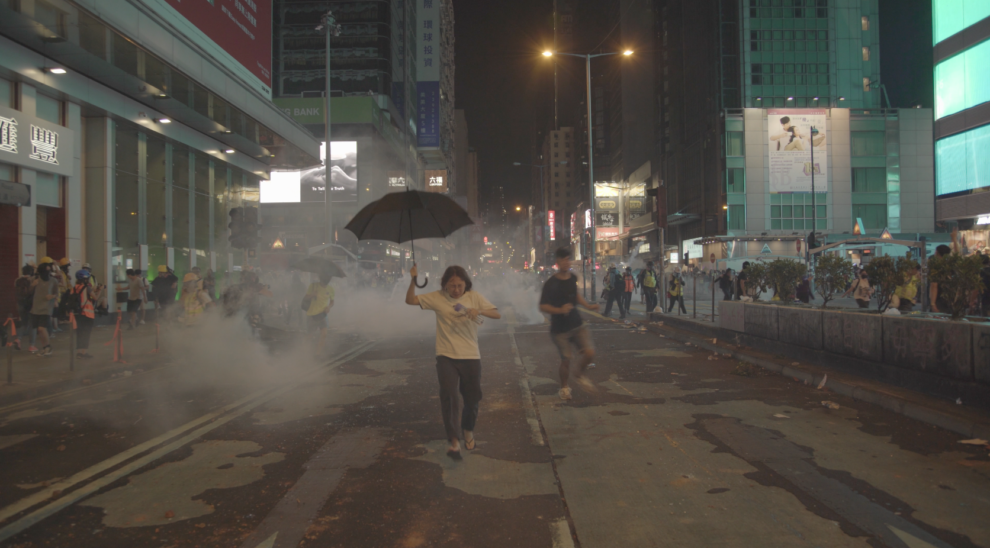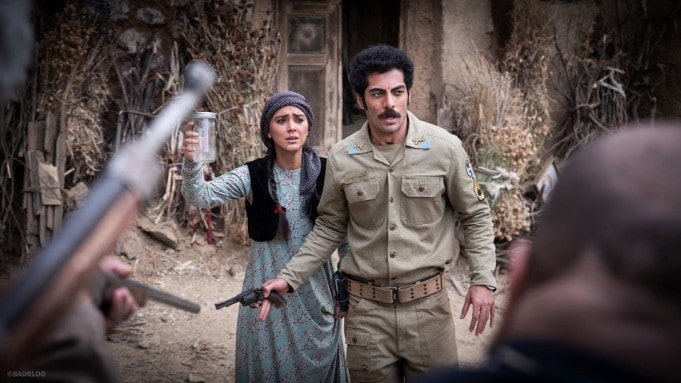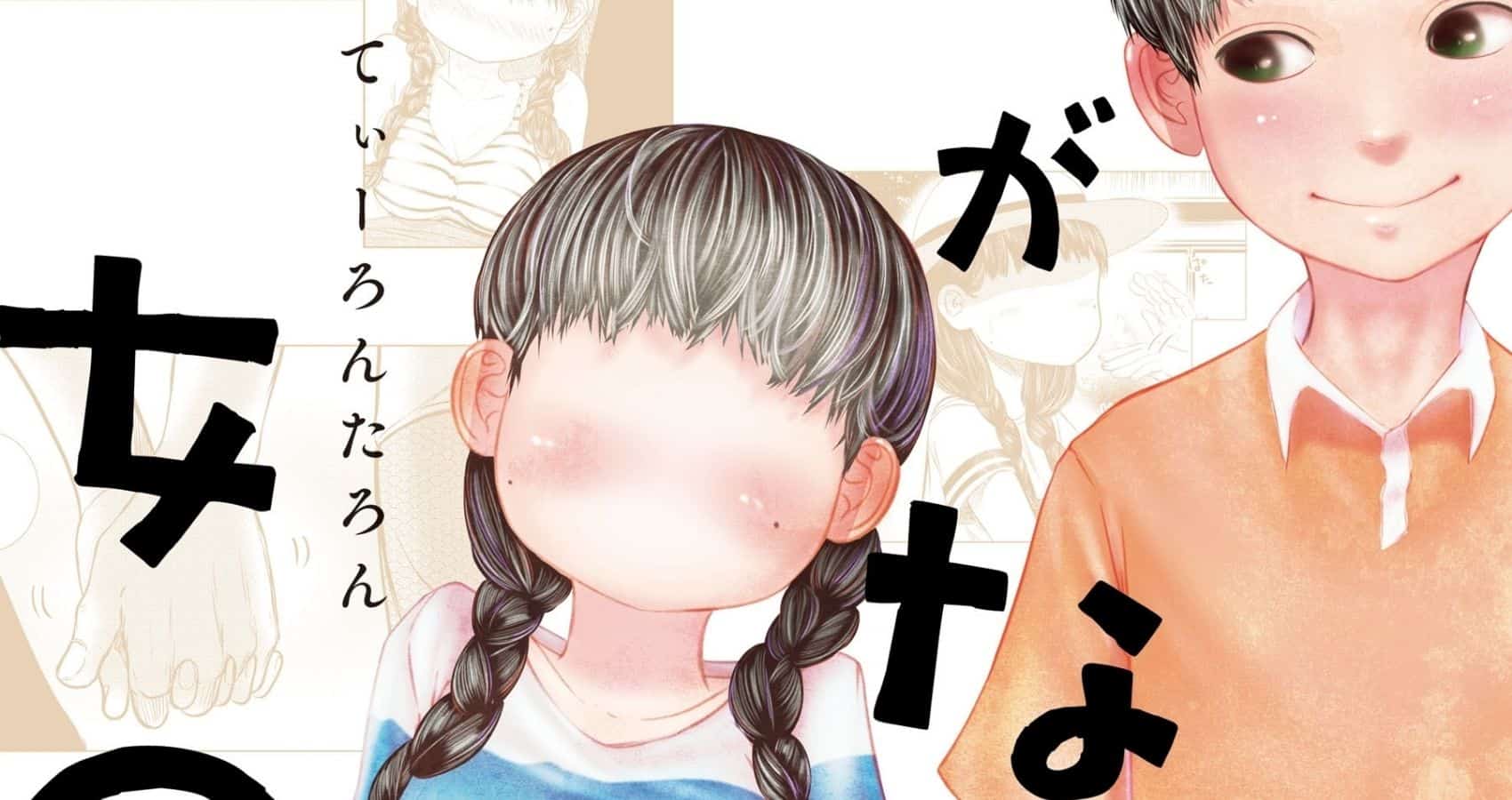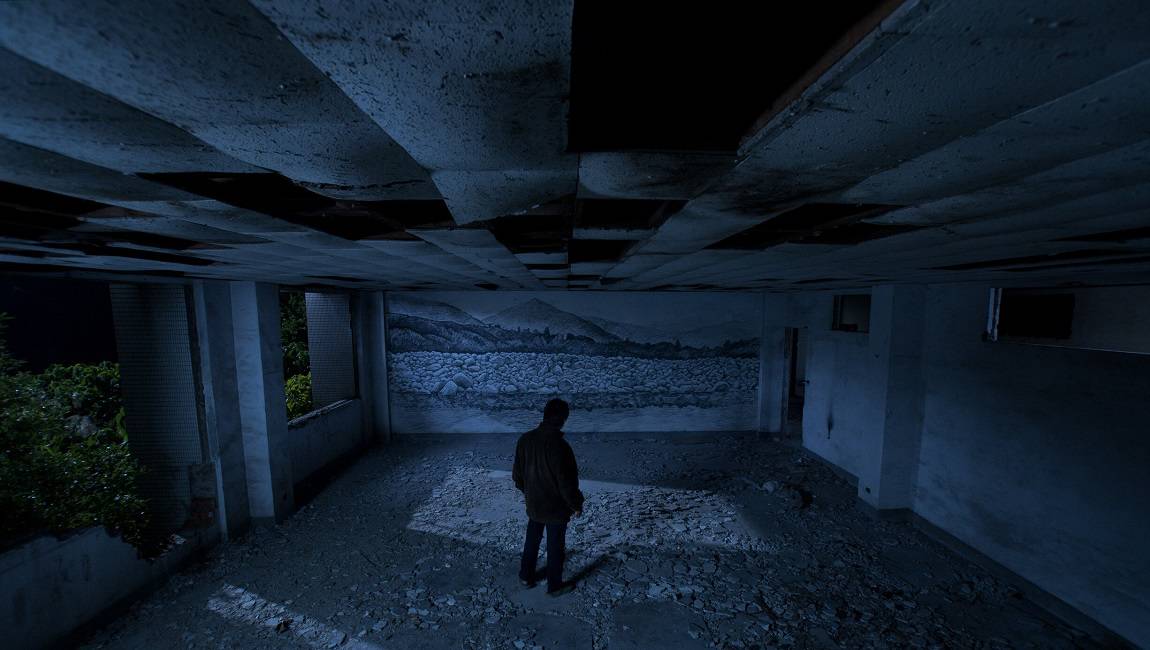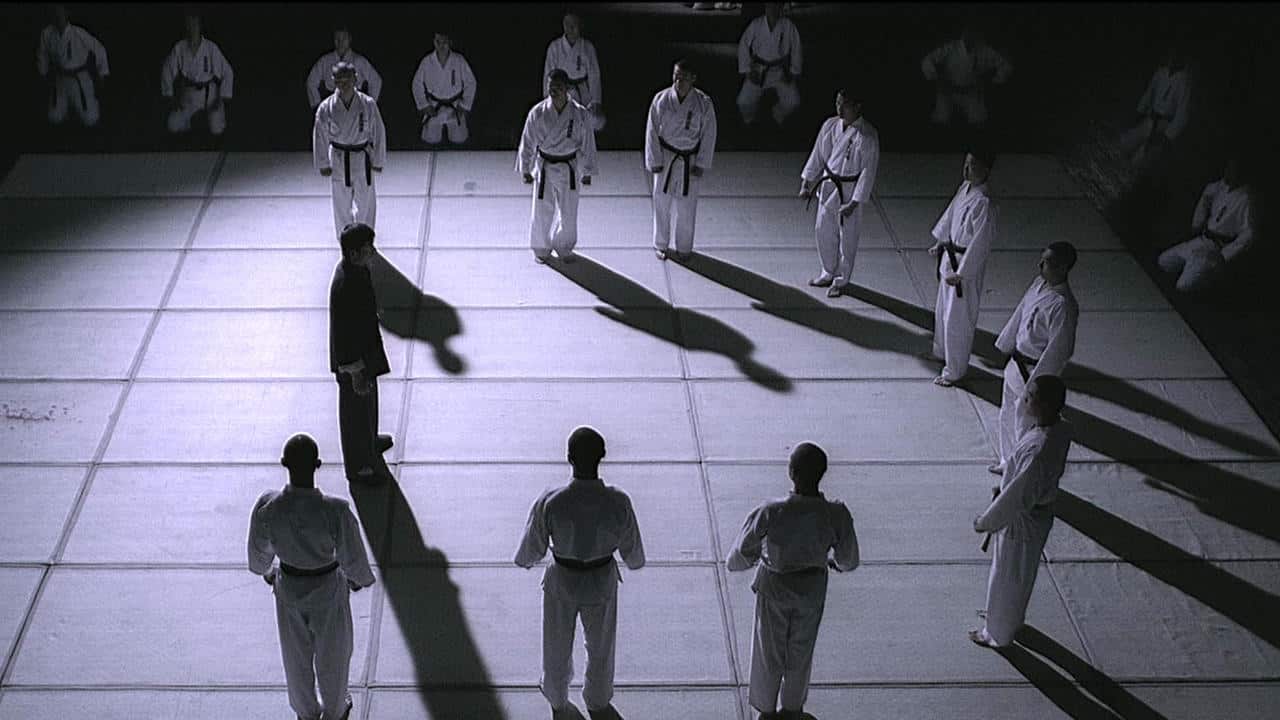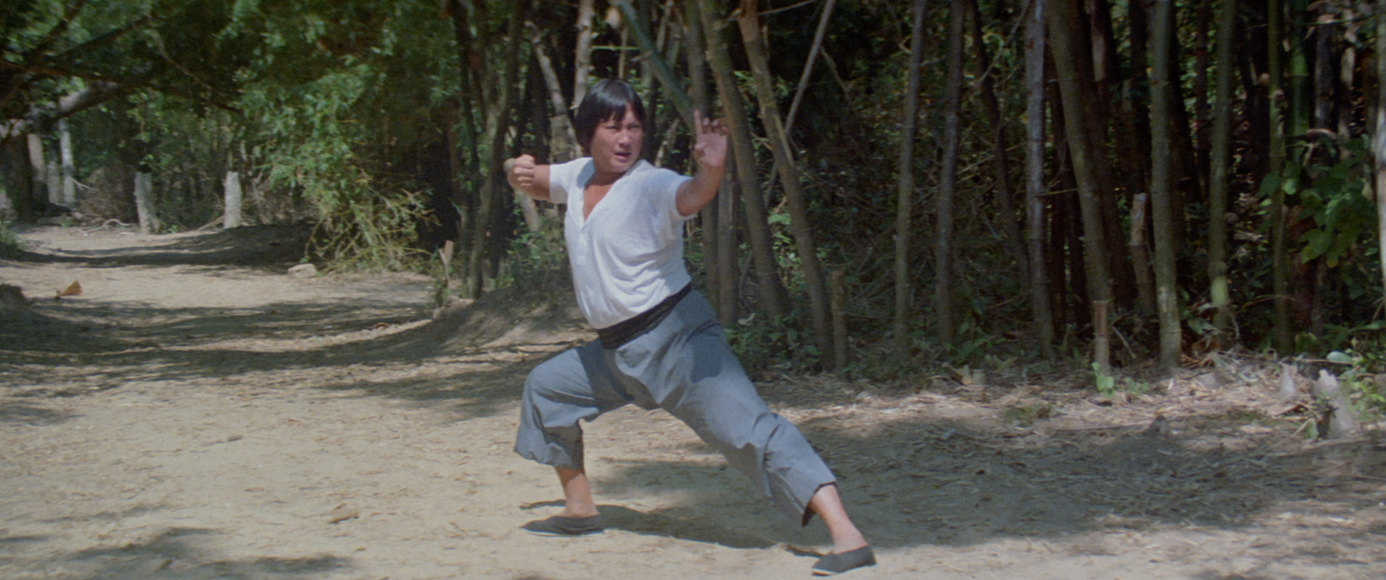We've been living in an increasingly complex global order lately, with many armed nations lately posing threats about nuclear escalation on various issues. While it wouldn't be true to say that the rise in authoritarian regimes too has been increasing similarly, the COVID lockdown allowed dormant opportunities for a lot of governments to go forward with such instincts.
“Hong Kong: City on Fire” is in cinemas on 22 November

In July of this year, courts in Hong Kong had sentenced at least two prominent activists to jail merely for participating in or organizing protests. The new laws have been used against many protesters and some prominent pro-democracy figures since the anti-extradition bill protest in 2019. The Chinese government's crackdown even led many Hong Kongers to flee to the United Kingdom, and a startling number of other pro-democracy accounts continue to emerge out of Hong Kong. After the national security law, that consists of 66 articles in total, successfully dismantled Hong Kong's civil society and political opposition, now their new leader, John Lee (Hong Kong's former security chief), is desperately trying to push for other such articles and a new cybersecurity law that would make organizing protests more difficult across Hong Kong.
“Hong Kong: City on Fire” gives us a frontline view of the 2019 pro-democracy movement that erupted across the region. From Hong Kong's 1997 handover by British rule into Chinese administrative control, all the way to 2019 when a controversial extradition bill sought to hand the Chinese state more repressive powers, the documentary takes us into these events primarily through four student activists and a frontline worker. We even get insights into on screen campus life of these students, and how they continue to stand against brute force when their own principles hesitate on taking sides. We're reminded at every turn of how the escalation by the state started way before the opportunities the lockdown had posed, through the in-person fights for freedom against a surveillance state. It's refreshing to see a personal view of life in Hong Kong under the impending status quo, and how living under the thumb of Chinese imperialism has fueled resistance over the course of years.
“Can you not protest for a day so we could go on a date?” This is what the girlfriend of a frontline worker asks the guy at one point in the film, as we cut to his face staring in the other direction, asking the same question but knowing all too well the trivial nature of it. It's a process that has been in the making over years, and now the young population there knows all too well what's at stake. Hong Kong is in the midst of its second mass protest movement just in a span of five years, but there are many differences between the recent demonstrations of the past couple of years and the street occupation that began in September of 2014. While the Umbrella Movement protests of 2014 were about getting the universal suffrage that Hong Kong was promised in the Basic Law (1st July 1997), the protests of 2019 were about showing how the overwhelming majority of the population still remains pro-democratic.
The film most importantly comes across as an urgent document that portrays the lives of four young protesters through a year of struggle as we see their hopes for a freer life. Even the more pulse-racing events are shown through a more contemplative lens, rather than to create unnecessary sensory overload on screen. It also acts as a brilliant beginner's guide to mass civil unrest as the timeline of the events is pretty neatly laid out. The call of the 2019 movement was, “Five demands, not one less”, and those demands ultimately were raised to reverse the extradition bill. Till day, an independent inquiry into the police violence awaits, as Hong Kong itself pushes its way towards restoring its democratic values.
While being respectful enough by keeping names of various people anonymous, filmmakers Choi Ka-yan and Lee Hiu-ling feature unseen interviews of university students narrating their in-ground experiences, several of them having received life-changing injuries while others hit by the water cannons unleashed by the police. Some even confess about how they were sexually assaulted, while seeking public condemnation from their professors. Despite grave threats, some even pouring in from mainland China, the demonstrators didn't give up. A few minutes into the film, we hear a college going activist talk about how there is no way for everyone to be educated enough to always make fully informed and rational decisions. With that remark, the makers of the documentary clearly signal it not being a didactic lesson about the dangers of letting your democratic institutions fall, it just shows you why not to grow weary of exposing yourself to morally informed discussions.


